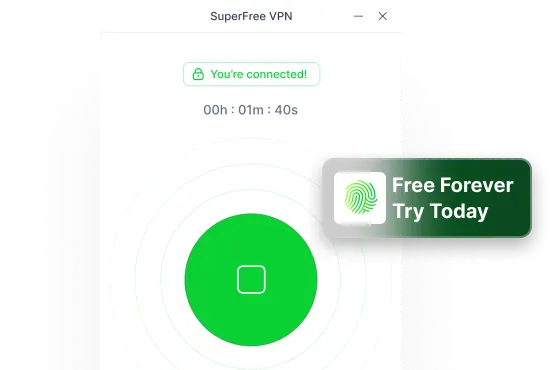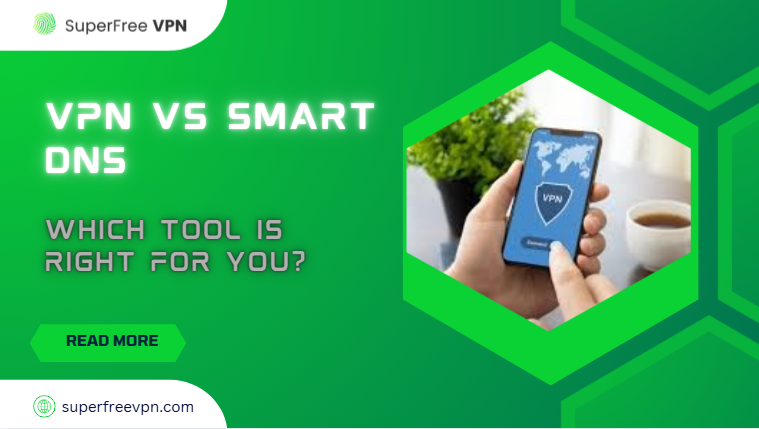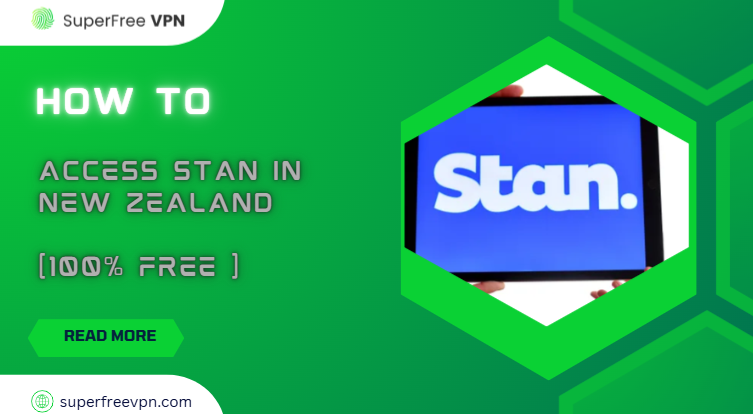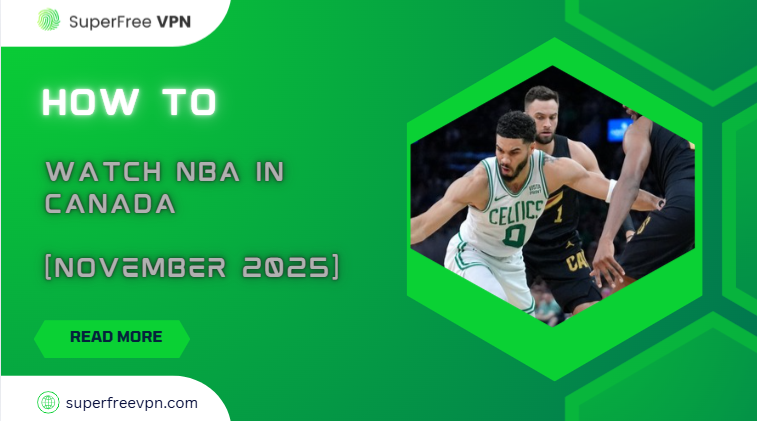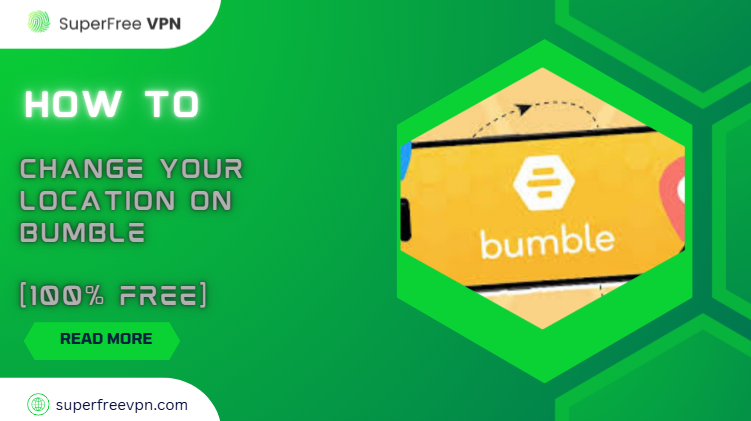Let’s face it – choosing a VPN can feel like navigating a maze.
Free?
Paid?
Unlimited bandwidth?
Advanced features?
It’s enough to make your head spin. I’ve been there too. In fact, I was there a few months ago.
The good news? It doesn’t have to be complicated.
I’m here to break it down for you, plain and simple. Whether you want to stream your favorite shows, keep your online life private, or just browse safely on public Wi-Fi, there’s a VPN out there for you.
Spoiler alert: you might not need to spend a penny to get what you’re looking for.
As someone who’s spent time exploring the VPN world – and now using one that costs me absolutely nothing (more on that later) – I’ve got some insights to share about free vs. paid VPNs.
What’s a VPN and Why Do You Need One?
Let’s break it down. A VPN, or Virtual Private Network, is your online shield.
It does three key things:
- Keeps your data private.
- Protects you from hackers.
- Lets you access content that’s blocked in your region.
Think about it. Ever wanted to watch a show that’s only available in another country? A VPN makes that happen.
Like magic. Magic is cool. So are VPNs.
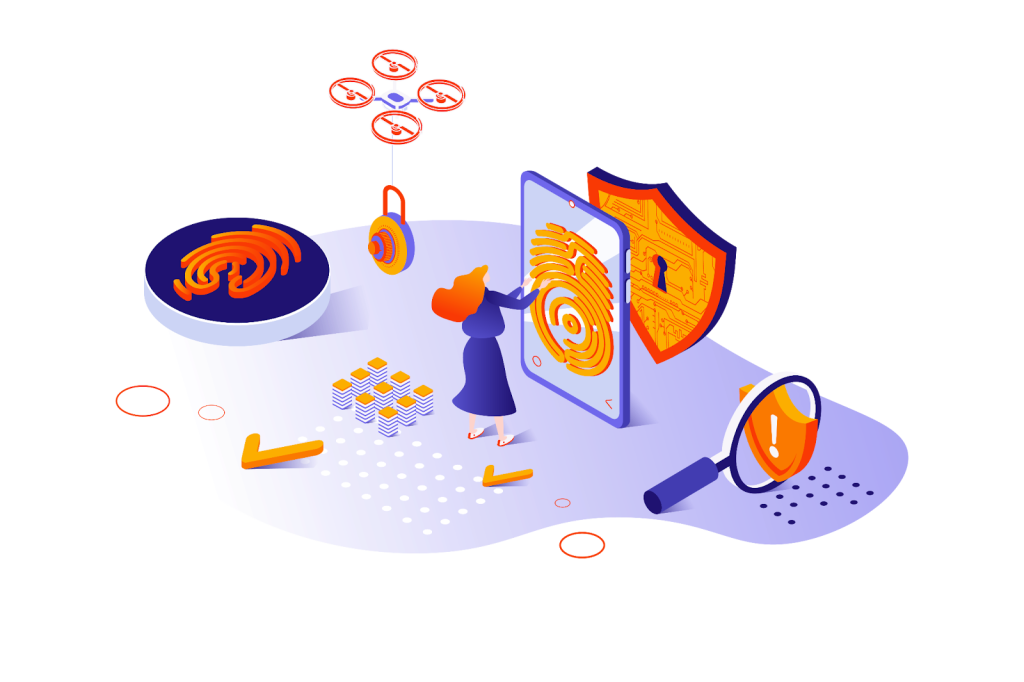
But it’s not just about streaming.
Public Wi-Fi – like at coffee shops or airports – might seem harmless, but it’s a goldmine for hackers. Without a VPN, your private info (passwords, credit card details, you name it) could be at risk.
Here’s the deal: A VPN isn’t just for tech-savvy people. It’s for anyone who values their privacy, security, and freedom online.
Now, before you say: “Oh man, not another subscription…” read below.
Free VPNs: Are They Worth It?
Let’s talk about free VPNs. They’re tempting, right? No fees, no subscriptions, no stress. And honestly, they can be a lifesaver – if you know what to expect.
Here’s what works:
- No cost
- Easy to set up
- Casual use? No problem. Browsing safely, checking emails on public Wi-Fi, or unblocking the occasional website – free VPNs can handle it.
But (and there’s always a “but”):
- They’re not always speed demons
- Some VPNs put a limit on how much data you can use
- Free VPNs often have fewer servers to connect with.
Free VPNs vs. SuperFreeVPN vs. Paid VPNs
| Free VPNs | SuperFreeVPN | Paid VPNs | |
|---|---|---|---|
| Subscription Fee | ✘ | ✘ | ✔ |
| Data Limits | Capped | Unlimited | Unlimited |
| Server Availability | 5-10 | 100+ | 500+ |
| # of Devices | 1-2 | 5-10 | Unlimited |
| Browsing Speeds | Slow | Medium-Fast | Superfast |
| Security | Weak | Modern | Modern |
| Data Privacy | Weak | Strong | Strong |
| Priority Support | ✘ | ✔ | ✔ |
Now, fewer servers aren’t a dealbreaker unless you want to connect to a specific one. If you can deal with this and want a free VPN that isn’t slow or data-capped: skip to the part where I talk about that gem.
Paid VPNs: What You’re Paying For
Now, let’s look at the other side – paid VPNs. These are the premium players in the game. They promise more features, better performance, and top-notch security. But are they worth the cost?
Here’s what you get when you pay:
- Faster speeds
- More server options
- Advanced features: Things like ad-blocking, malware protection, and dedicated IPs are often part of the package.

Source: Express VPN
Sounds amazing, right? But here’s the catch:
- The cost
- Overkill for casual users
Paid VPNs are powerful, no doubt. But ask yourself – do you really need all those extras? I mean, a McLaren is cool, but you don’t necessarily need it to go get groceries.
When Do Free VPNs Make Sense?
Let’s keep it simple. Free VPNs aren’t for everyone, but they’re perfect for some situations.
Imagine this. You’re sitting at a bustling coffee shop, laptop open, sipping on your go-to cappuccino. You’re connected to the café’s free Wi-Fi, like everyone else around you. It’s great for getting things done – until you realize (if you’re a tech junkie like I am) just how exposed your data is on public networks.

But you’re prepared. With a free VPN, you fire it up, and within seconds, you’ve got a secure connection. Now you can check your emails, browse your favorite sites, or even log into your bank account without worrying about anyone snooping.
Later that evening, you’re back home, ready to unwind. You’ve been dying to watch a new series, but it’s locked to another country. Instead of sulking, you pull up your VPN, switch locations, and BAM: problem solved. The quality might not be perfect, but who cares? You’re in, and the plot twist is everything.
A week later, you’re at the airport, killing time before your flight. The idea of paying for “premium airport Wi-Fi” feels absurd, so you connect to the free network. Again, your trusty free VPN comes to the rescue. You scroll through Instagram, reply to a few DMs, and even check your flight details, all without a second thought.
Now, all this is not some random thought process, but it’s what I did a couple of months ago. VPNs are a lifesaver!
This is where free VPNs shine. They’re not flashy or packed with extra features, but they cover the basics. Secure browsing. Accessing blocked content. Protecting your privacy on public networks. And they do it all without asking for your credit card info.
For the everyday user, free VPNs aren’t just practical – they’re essential.
Okay, Free VPNs Are Great – Which One?
I’ve tried a lot of free VPNs, and one stands out: SuperFreeVPN. No data caps, no ads, no unnecessary fluff – just a VPN that does what it’s supposed to do.
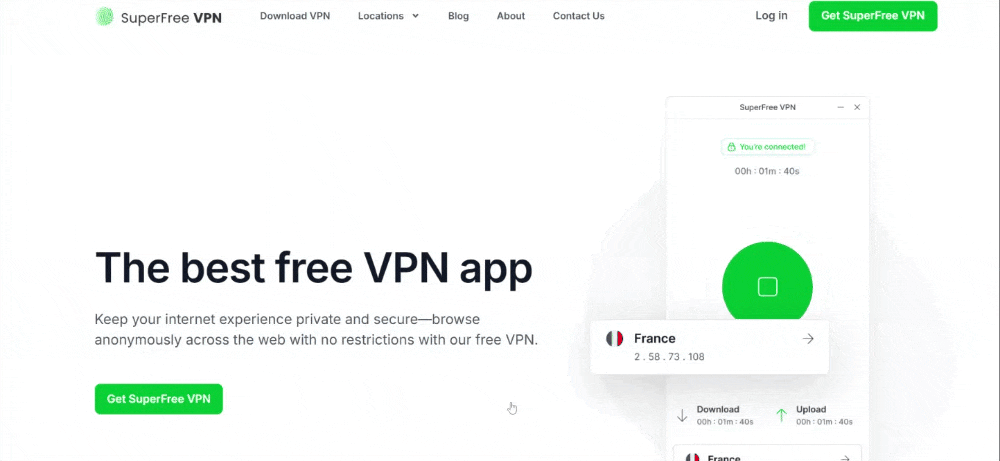
So, download it now, and take your online privacy to the next level without spending a dime!


